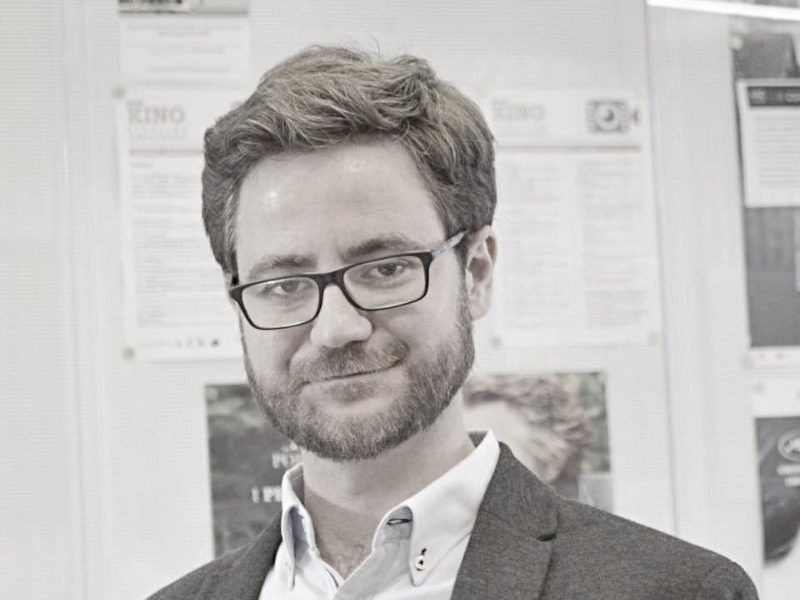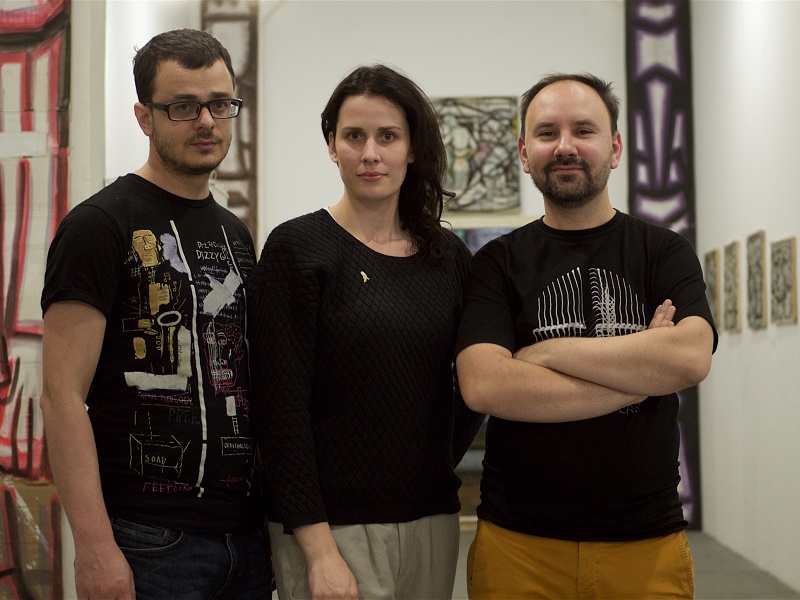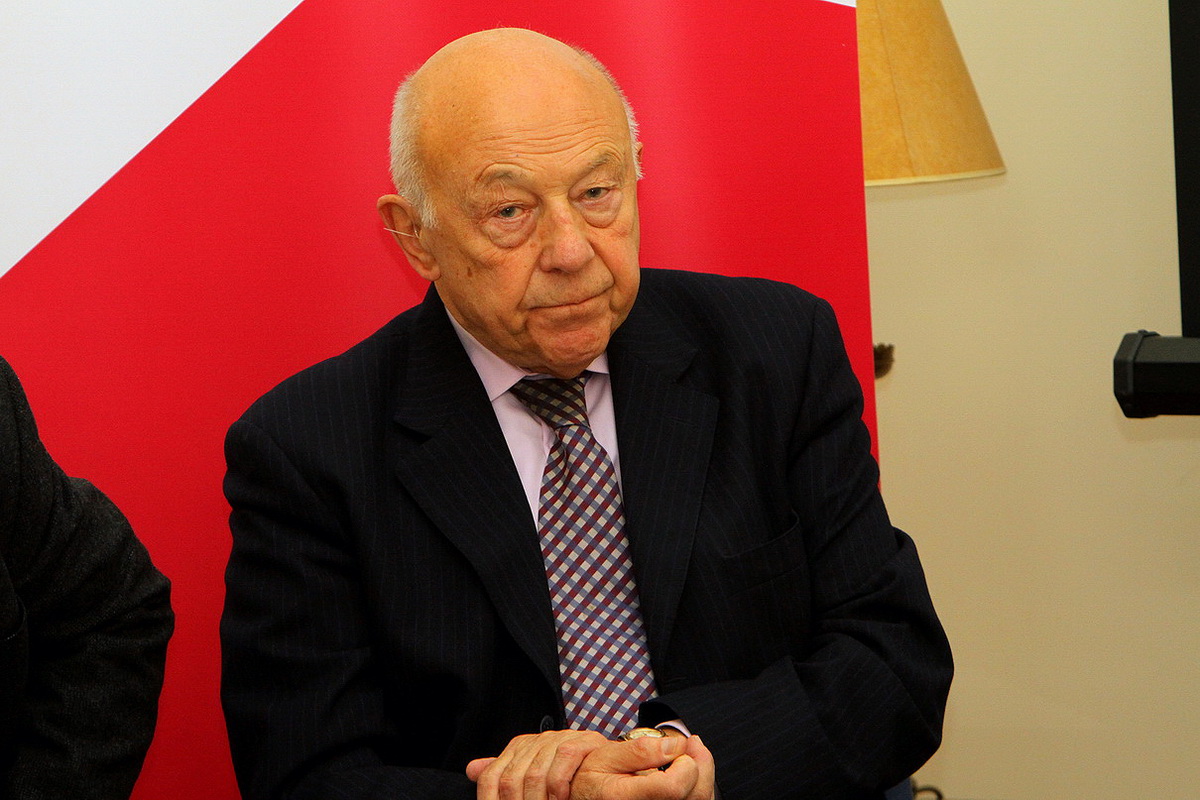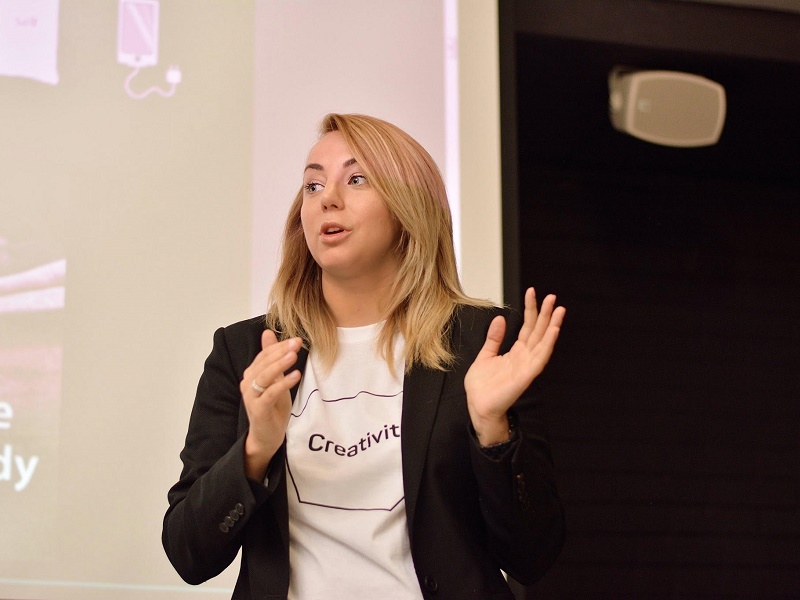
Antonio Carlos Ruiz Soria: Developing countries need to have more confidence in their own resources, believe in their own talented people
About Economia Creativa
Economia Creativa is a leading creativity and innovation consultancy I started in 2010. We have worked in many countries already, because this is the best way to get closer to people, to the creatives, and learn from different cultures and contexts. We have developed a global vision. We learn from every assignment, from everyone and every city we have worked in on our journey. While working across geographies, we have identified, that there are a lot of similar challenges. We have worked in more than 15 countries, including Ukraine, Moldova, the UK, Spain, France, Angola.
In our experience the needs of creative and cultural entrepreneurs and society in general are very similar, everywhere. Those include the need of opening up, of finding new organizational models. In Economía Creativa Hub, our aim is to create an online space to enable global networking and exchange of experiences, inspiring and empowering people and co-creating new projects to build the ‘creative society’.
About the potential of developing countries
In my opinion, there is an inferiority complex, people compare themselves with people in other countries, or compare their small town to a big city. Developing countries need to have more confidence in their own resources, believe in their own talented people. If you feel behind, it just means that you can analyze what has already been implemented in other countries, what worked out and what didn’t. You have a chance to implement innovations much faster. Here in Eastern Europe, the population is very educated, so it’s easier to bring innovations.
In the advanced countries, the people apriori are more self-confident, and they also have less bureaucracy. You can say that the challenges in all the countries are similar, but obviously, the context isn’t always similar. In some places, it’s just so much easier to run a project.

About Economía Creativa Hub
At Economia Creative Hub, you can create your profile and contribute to any of the sections: news, events, open calls, publications, your own portfolio or artworks in the Gallery, etc. EC Hub members will benefit from e-meetups, webinars, access to online training and much more. EC Hub is above all a digital space for collaboration and hub members are encouraged to shape it. The aim is to harness a global conversation with local stories, of both successful cases and also how entrepreneurs have dealt with challenges. Such that the experiences of someone in Ukraine can provide insight to people from other countries. EC Hub is open and accessible to everyone: entrepreneurs, cultural practitioners, policymakers, curious people, makers, innovators and everyone who wants to exchange experiences and get more creative.
Another interesting section is called Tools for Creative Entrepreneurs in which Hub members can find a guide towards funding and grants for implementing projects in most African countries; tips on how to develop a ‘creative lifestyle’ and which skills will be needed for the 21st century; tips for storytelling and marketing strategy and more. And, of course, EC Hub members can add any tips and tools they want to share!
Our website also has a call for creative leaders, to show real faces, to get to know people on a different level. Anybody can share a short 2-3 minutes video, tell their history, share their experience and what inspires them. The purpose is to generate understanding and inspiration, to show what makes changes on a personal level.
If you need to gain more skill in the creative economy online, you can obviously look at the tools of our hub and Economía Creativa online courses, but also take a look at the courses of British Council, Erasmus, Unesco, Youth Program in the Council of Europe and open courses of various universities.
Working with government institutions and NGOs
We have worked with governments multiple times. For example, in Ukraine it was with the Ministry of Culture, the European Commission and the British Council. Our partners from the government sector in other countries include the Spanish Embassy in Belgium, the Spanish Embassy in Angola, various regional governments in Spain.
We have also worked with private companies, associations, NGOs and many different stakeholders, we are open. Our value proposition is to develop creativity and innovations across sectors with/for multiple-stakeholders. The public sector can always learn from private sector and vice versa.
Networking is really essential, so are skills like presentation and storytelling. It is important to understand that you might not get an answer to your proposal from first few attempts. Always try to find ways to engage, to communicate with people, and to insist. When you’re making a proposal you need to try to understand a point of view of the person who will assess it.
About the challenges of Economia Creativa
When we first started in Spain, the creative economy wasn’t like it is now, we felt like we were talking in the middle of the desert. The challenge was to make people understand what our value proposition was. The way of solving this challenge at some point has been working internationally, making contacts in other countries. A wide network of contacts and partners has opened dialogues with different people and institutions in the creative economy from around the world.
We are happy that we are being more and more recognized internationally, but of course, you can always achieve more. This is a key point of launching the hub, going digital and making us different so we are looking forward to developing this line of work. In fact, we have just launched EC Shop, an online-shop www.economiacreativa.eu/shop which opens a new concept, uniting creative economy-entrepreneurship and e-commerce.
Entrepreneurs have to be aware that developing a project is always a challenge. It is easy and even normal to face difficulties and very often not being able to succeed, especially on the first attempt. The only thing one can do is keep trying, asking yourself: What can you learn from? What you have done wrong? What can be done differently? What new element should you find to connect with others? You need to understand the relationship between the environment, with the shareholders, clients, staff and suppliers. It’s about what element of that relationships could be improved. And of course how you can create value for the clients and also for different stakeholders. This is how you can make things work.




